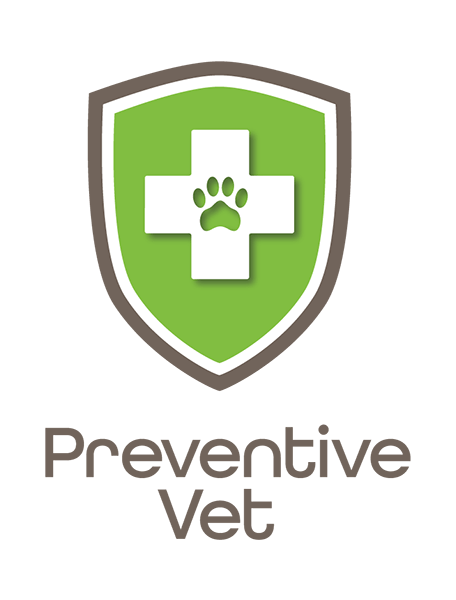- en
Your dog puked, and you had to take them outside to go to the bathroom six times overnight! Now what?
This pet information prescription will help you know what to do, how to make your dog more comfortable, and how to prevent this from happening in the future.
Never give over-the-counter (OTC) human medications without consulting your veterinarian first. This includes such common “antidiarrheals” as Imodium®, Kaopectate®, and Pepto Bismol®. For one, they can be toxic to your pets, but also because, depending on the cause of your pet’s diarrhea, these medications may do more harm than good.
Quick Links

Very young and senior dogs need to be seen by a veterinarian right away if they have more than two instances of diarrhea.
Dehydration, electrolyte, and acid/base imbalances, among other complications, can set in quickly.
Our mission is to help save dogs' and cats’ lives through our educational content. To support our efforts, this page may contain affiliate links. We earn a commission for qualifying purchases – at no cost to you.
There can be many causes behind vomiting and diarrhea in dogs. Typically, dogs will vomit or have diarrhea due to:
This depends on the cause. All dogs can be tempted by human food left out in reach, and playful pups just can’t resist a good, smelly sock left on the floor.
Dogs that spend a lot of time outdoors, particularly in wet/muddy environments, swimming, at dog parks, or doggy daycare, will have increased risk of being exposed to intestinal parasites like roundworms and tapeworms. For dogs with certain diseases or food allergies, causes are still being identified but can be aggravated by particular diets or table scraps.
Follow your veterinarian’s instructions on administering medication (if prescribed) and, equally importantly, diet. Some dogs will be given an injection of an anti-nausea or anti-vomiting medication in the veterinarian’s office, and your veterinarian may also send additional medications for you to give at home.
Your dog may also need fluids, given via a needle under their skin called subcutaneous fluids, to prevent them from becoming dehydrated.
Your veterinarian will also give you a recommendation on what to feed your dog at home or send home a special, easily digested diet for your dog to eat while they are recovering. A probiotic may also be given to help your dog’s stomach and intestines return to normal sooner. You can try a probiotic like Purina’s FortiFlora®, Nutramax’s Proviable®, or Iams’ Prostora Max®.
It’s also important to feed them a bland diet and prevent them from accessing other food or treats.
Example of a bland diet:

The best thing you can do is to use the medication and diet your veterinarian prescribed and keep a close eye on your dog’s eating, drinking, and bathroom habits. Because they don’t feel well, you may want to confine your dog to a smaller area of your home where their food and water are all close by. You may even want to provide a disposable potty pad on the floor in case of an accident (but not if they’re the kind of dog who would try to chew on it or eat it!).
Be sure to clean their food and water bowls to remove any lingering smells, debris, or bacteria. If they can go in the dishwasher, that is the best to disinfect them, but soap and water will do!
You’ll likely need to take your dog out to the bathroom more frequently, so budget in some more potty breaks to help avoid any urgent accidents.
Your dog should stop vomiting within 24–36 hours after seeing the veterinarian. They should also show more interest in eating and drinking, and likely will be more active.
Diarrhea may take a little longer to get better, but you should start seeing improvement in the stool consistency within 2–3 days and your dog should be fully back to normal within one week. If intestinal parasites were to blame, you should not see them in your dog’s stool after the first week.

If your dog continues to vomit 2–3 days after seeing the vet, especially more than once a day, or if you see blood in their vomit or diarrhea at any point, bring your dog back to the veterinarian. In addition to digging deeper into the cause of your dog’s illness, they may need to give your dog fluids to prevent dehydration and change up the medication and diet your dog is receiving. If you can, bring a poop sample with you to the veterinarian in case additional testing is needed.

There are many causes of vomiting and diarrhea, each with a different recommended prevention strategy.
For all dogs, but especially those who are sick from intestinal parasites, be sure to use regular parasite prevention products. Be sure to have their poop checked at least annually to prevent an infestation of these worms.
For dogs who are having vomiting and diarrhea from inflammatory bowel disease or food allergy, feed them only the food your veterinarian recommended, and avoid any treats or table scraps.
The Pet InfoRx® is made possible, in part, through our partnership with AlignCare®.


© Preventive Vet. All rights reserved. PreventiveVet.com
